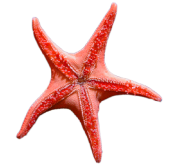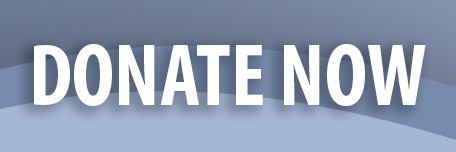Event Calendar
Welcome to our Event Calendar. Find out about upcoming events using the Event List, Calendar View, or Upcoming buttons located below. You can also search for an event by name.
Explore by the list below, or search for something in particular.
August 5, 2022
6:00 pm - 8:00 pm
August 21, 2022 - August 27, 2022
Starting August 21 through Saturday, August 27, 2022 (ending at 8 PM)
Every donation of $25 or more for ASLC pinniped research will receive a limited edition sticker decal that shows you are a supporter of this critical research! This exclusive sticker was created specifically for this event by local Alaskan artist Sea Spray AK. (Donations must be made through this link to receive a sticker!)
Scientific Research was the founding reason that the Alaska SeaLife Center was created in 1991, and it remains a staple in our mission to this day. Two of the amazing scientific research projects at the ASLC that both focus on pinnipeds (seals and sea lions) are in need of your help!
Federal grant funds that support scientific research have diminished over the years, making the financial support for important scientific research more and more competitive. Less support has been coming to the ASLC science teams for research that is unique to the Alaska SeaLife Center and our partner scientists.
The important research our scientists have been working on for the endangered populations of Steller sea lions and ice seals have both been heavily impacted by funding reductions. With changing oceans and climates, the pinniped research at the ASLC has never been more important.
The Chiswell Island Steller Sea Lion Remote Video Monitoring Project has been collecting data for over 20 years at the ASLC, and years of hard work has just now started to give us a big picture look at the changes happening in our oceans.
The Alaska SeaLife Center is also home to the PHOCAS project, a special partnership between ASLC and the University of California Santa Cruz. PHOCAS stands for the Physiology and Health of Cooperating Arctic Seals. This program involves trained Alaskan ice seals that are studied at ASLC and Long Marine Laboratory. Scientists and veterinarians with expertise in seal science are working together to gather needed information about the behavior, development, health, and physiology of spotted, ringed, and bearded seals. The project will provide insight into how these seals may respond to changing ice and climate conditions in Alaskan Arctic and subArctic waters.
Every year the climate and our oceans are changing, and the science team working with arctic species of ice seals at the ASLC is collecting critical data on how these elusive arctic species will be impacted. If this project does not have enough funding to continue, all who care for the survival of these irreplaceable arctic species will be impacted.
From August 21 - 27, 2022 ASLC social media pages will be filled with stories and updates from the Center's pinniped scientific research teams.
Follow us on Facebook
Follow us on Instagram
Follow us on YouTube
Every donation of $25 or more for ASLC pinniped research will receive a limited edition sticker decal that shows you are a supporter of this critical research! This exclusive sticker was created specifically for this event by local Alaskan artist Sea Spray AK. (Donations must be made through this link to receive a sticker!)
Please join us this week on social media to learn more about this important research and help sustain this incredible scientific work that will inform policymakers for years to come.




